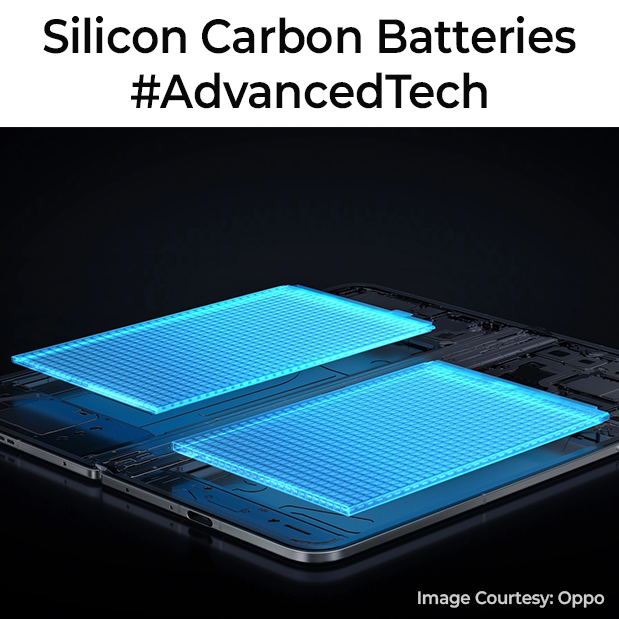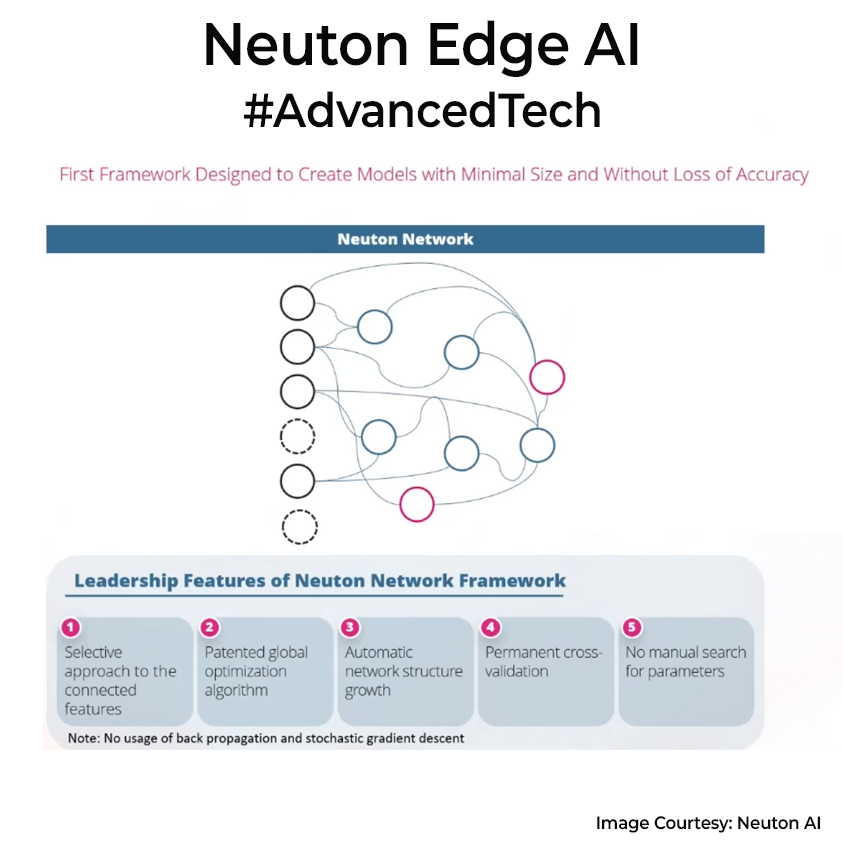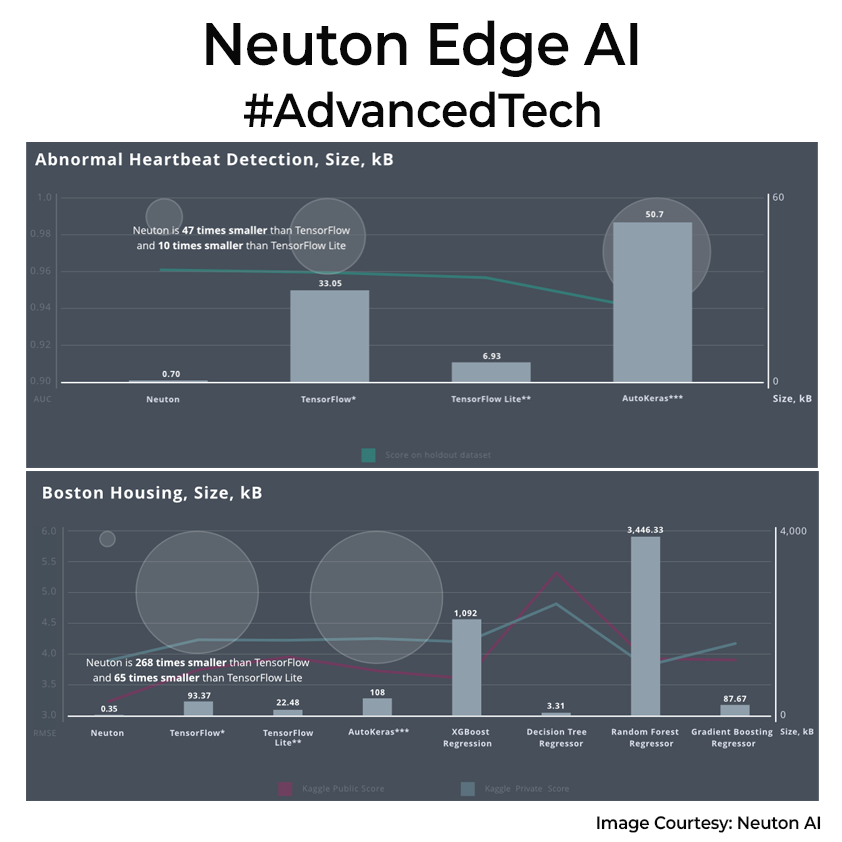Happen to run across this relatively new breakthrough in battery tech and spend time exploring it further yesterday. Some of you may have heard of Silicon Carbon Batteries being used in flagship phones with charger battery capacities. I think it could change how we store energy.
The key difference between SiC and normal lithium battery is in their anode composition. In a normal lithium-ion battery, lithium ions move in and out of graphite anode layers in a process called intercalation. In a silicon-carbon cell, tiny silicon particles sit inside a carbon structure and form alloys with lithium. This packs in far more Li ions than graphite. Meaning more energy density.

Theoretically, Graphite anode delivers around 372mAh/g. Silicon one can store up to 3,600 mAh/g(10x). But pure Si expand to 300-400% when battery is charged and contracts when discharged. This repeated size variation can cause the electrode to break down and not be useful in a battery. To confine this swelling, usually Silicon is coated with conductive carbon in SiC Batteries. There are also other secret sauces at play. So while we don’t get full 10x gains, we still achieve much higher capacity, boosting energy density from ~300 Wh/kg(normal) to ~450 Wh/kg(SiC).
These cells deliver higher energy for the same weight, making them ideal for both smartphones and EVs. They also charge faster, cutting down wait times significantly. With greater capacity per charge, devices need fewer charge cycles, which helps extend overall battery lifespan. It also means thinner, lighter batteries for the same performance.
In EVs, carmakers are testing them to push range to current max ranges or to cut pack weight. Stationary storage makers are looking at them for grid support, where extra energy and longer life helps cuts system costs. Chinese phone players are already using them, EV folks like Benz is considering them for their electric EVs. I think this tech will be mainstream in cars, phones, and home storage in the next 2-4yrs.

